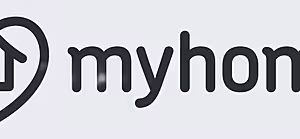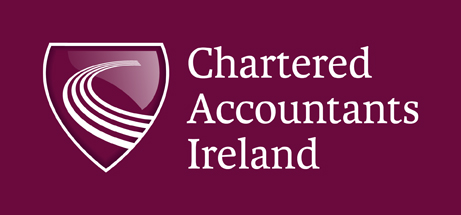
The Local Government (Household Charge) Bill 2011 is being sent to President Michael D Higgins for his signature today, with the Chartered Accountants of Ireland encouraging householders across the country to read it.
While the new €100 charge that households must pay by March has been well documented, CAI is warning people to be aware of the less high-profile aspects of the Bill, which includes new clearance procedures for selling residential properties, and new information gathering powers for the Revenue Commissioners.
The Household Charge will apply in respect of all residential properties, including those on which the non-Principal Private Residence Levy is being applied. The primary responsibility for payment of the levy is on the property owner.
A statement from the Chartered Accounts of Ireland, said: “While the idea behind the application of the charge is that it will be universal to all intents and purposes, there are some notable exclusions and it’s unsafe to assume that all properties are caught. Section 2 of the Bill deals with residential property which will be excluded; section 4 identifies owners who are not liable to the Levy.
“The charge for 2012 is €100, but the Minister for the Environment is given power to review the charge by reference to the Consumer Price Index.
“Late payment fees and late payment interest can be applied. Interest on the late payment of the Household Charge runs at 1% per month or part thereof, and therefore is higher than interest charged on underpaid tax.
“What is likely in practice to be an even more effective sanction is the requirement that the seller of a residential property will have to provide the purchaser with certificates. These certificates are to show that either the appropriate Levy has been paid each year, or that the property was properly exempted. Local authorities have 14 days from the date of application to provide certificates of discharge – section 10 applies.
“The Bill applies equivalent new legislation to the non-Principal Private Residence Levy, ensuring that properties subject to that levy cannot be sold either without the appropriate paperwork from the local authority. Hopefully these new measures will not further slow down the already tortuous process of buying and selling properties.
“The local authorities operating the tax are permitted to contact the Private Residential Tenancies Board, the Department of Social Protection, the ESB and the Revenue for information to assist them in applying the Levy. The reverse is also true for the Revenue, who can request data at regular intervals from the local authority in support of their labours under the Taxes Acts,” the CAI said.
The version of the Bill being sent to the President for signature is available here.





